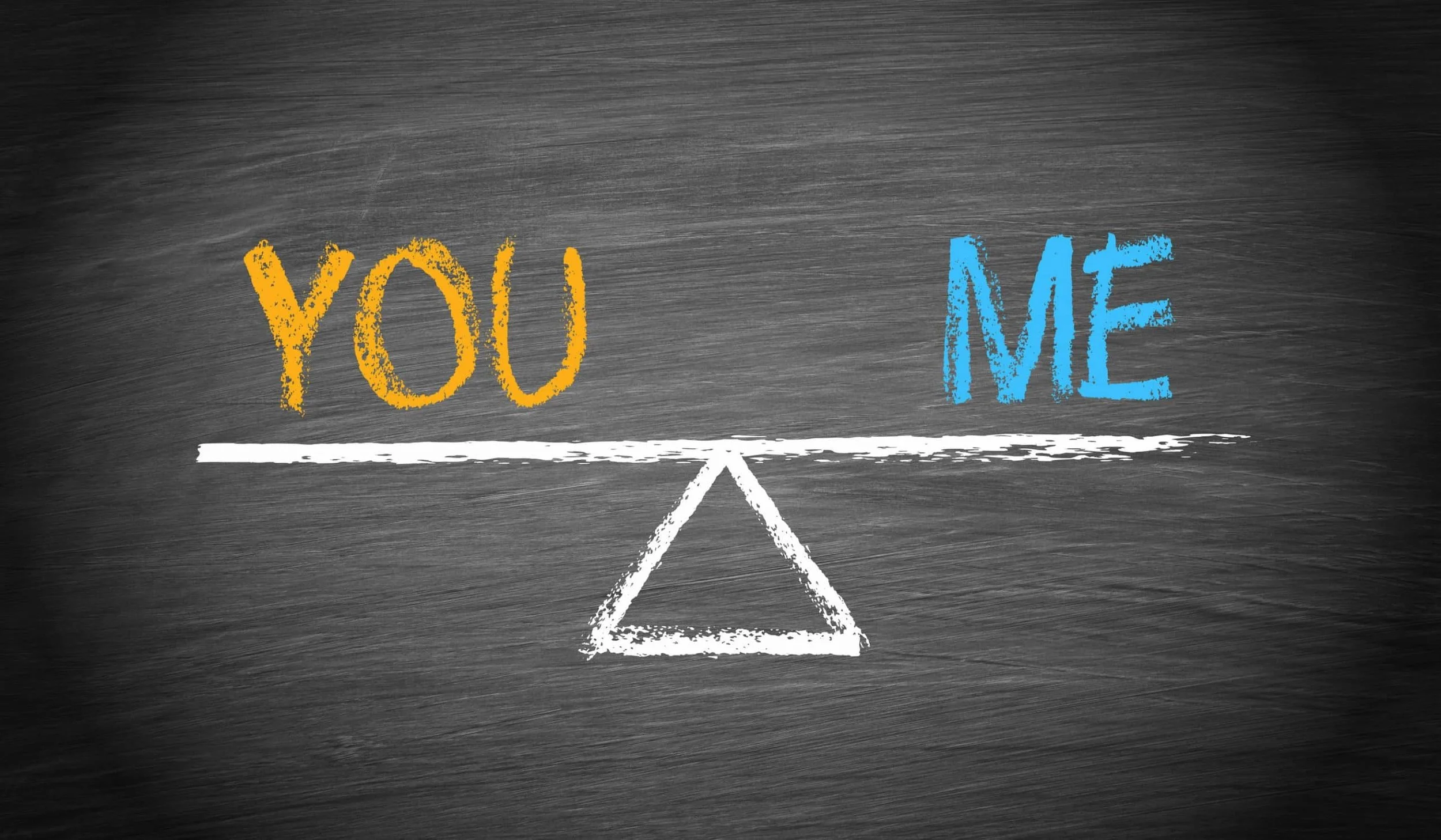Spring 2024 - Togetherness versus Autonomy
As a retired psychotherapist, one of the things I’m very passionate about is growing in our ability to be our own separate person whilst also being in relationship with another. Perhaps for you that sounds obvious, but it isn’t for all of us. For some of us, we may not have been encouraged in childhood to be our separate, autonomous selves, making it more difficult in adulthood to do this. But what are the effects? What does this mean for our marriages?
It's often thought that there are three types of intimate relationships: independent, co-dependent and interdependent. In an independent relationship, partners are living totally independent of each other emotionally. There is no connection.
In a co-dependent relationship, there is too much overlap and typically, one or both partners are relying on the other for their emotional well-being and self-esteem.
But the healthiest of the three types is being interdependent. This is when we allow each other to be their own separate person whilst also supporting each other and working together to meet each other’s needs.
According to Zhana Bright in her article Co-dependency vs Interdependence: The Art of Healthy Relationships (5th July 2022 Complete Wellbeing), the term co-dependency was first coined by Alcoholics Anonymous in the 1950’s. That’s interesting isn’t it. It may not be that we are ‘addicted’ to our partner, but we can be too dependent on them.
In a co-dependent relationship, the partners tend to be merged or fused together. American couple’s therapist Ellyn Bader says that “The opposite of being fused is differentiation”. But what is it? Differentiation simply means allowing and respecting each other’s differences, not expecting our partner to be the same as us which isn’t always easy!
Ellyn goes on to say that “differentiation is the ability to express your needs and feelings and to tolerate your partner doing the same” (Attachment & Differentiation in relationships: An interview with Ellyn Bader – Kyle Benson; The Gottman Institute). I think that word ‘tolerate’ is important. It means that we can hear what our partner feels about something without it becoming overwhelming for us or taking it as a personal attack. When we can do this, we can express our needs and wishes in a way that allows us and our partner to work together to meet each other’s needs.
In his article Differentiation is the Crucial Relationship Skill You Need (7th April 2020 Psychology Today), Assael Romanelli states that there are two forces that pull us in different ways in every relationship:
Attachment/togetherness – the pull to be loved and belong.
Autonomy/individuality – the pull to be myself; to be who I am.
Differentiation is the ability to balance the autonomy and the togetherness so that it is not an either/or.
It’s an art to be able to maintain a clear sense of who I am whilst being close to my partner.
To be able to soothe my own anxieties and calm my own fears while also reaching out to my partner for support.
To not react to my partner’s reactivity and to be willing to tolerate discomfort for growth.
To ask for what I need from my partner, in other words, to take responsibility for what I need rather than expecting my partner to second guess my needs, and of course, to respect their needs and wants.
To understand that the only person you have the ability to change is yourself (@ElizabethTullis_Therapy).
It may not be easy and yet all of this is differentiation and I believe it has the power to transform marriages.
But if this isn’t easy for us, how do we grow in it? Darryl and I have been doing a little exercise over the last month. We’ve each individually tuned into our feelings at times during the week, and asked ourselves; ‘what am I feeling right now?’ Once we’ve been able to name the feeling we’ve done the second part of the exercise, which is to express out loud on our own what it is we’re feeling. This may sound simple or even silly, but perhaps many of us aren’t always aware of what we’re feeling and are not good at expressing this to our partner. So, a good way of growing in this is to do this little exercise on your own.
Once you’ve practised this, you could try doing it together. Taking it in turns to express what you’re feeling while your partner practises simply hearing the other. If you’re the one listening, try to put yourself aside to hear your partner as a separate, differentiated person to you.
If you’d like to explore this communication technique further, check out the Reflective Listening exercise on the Relationships page HERE
We hope this is helpful to you. We have learned that the more we are committed to growth in our marriage, the richer it becomes!
Until next time…
Ali Abrahams

